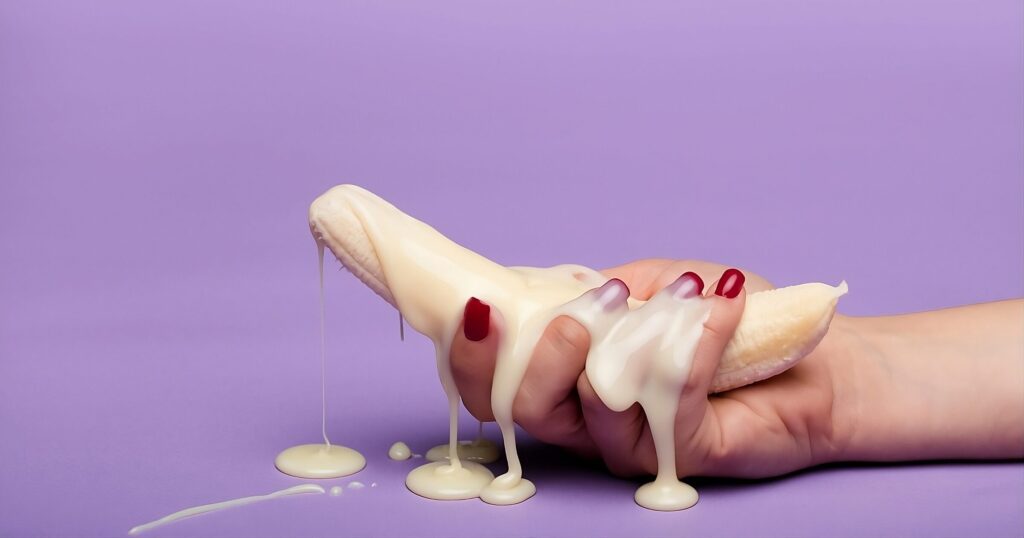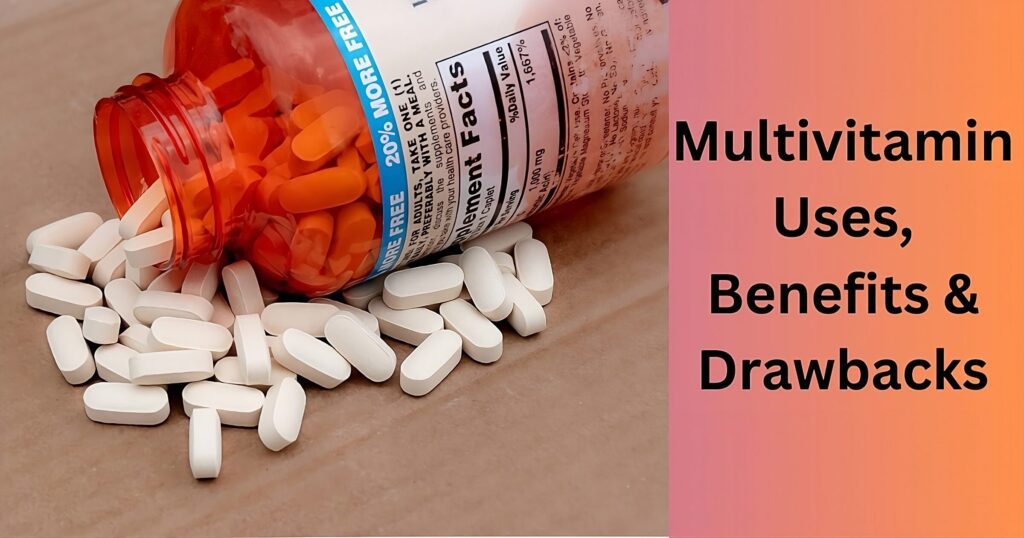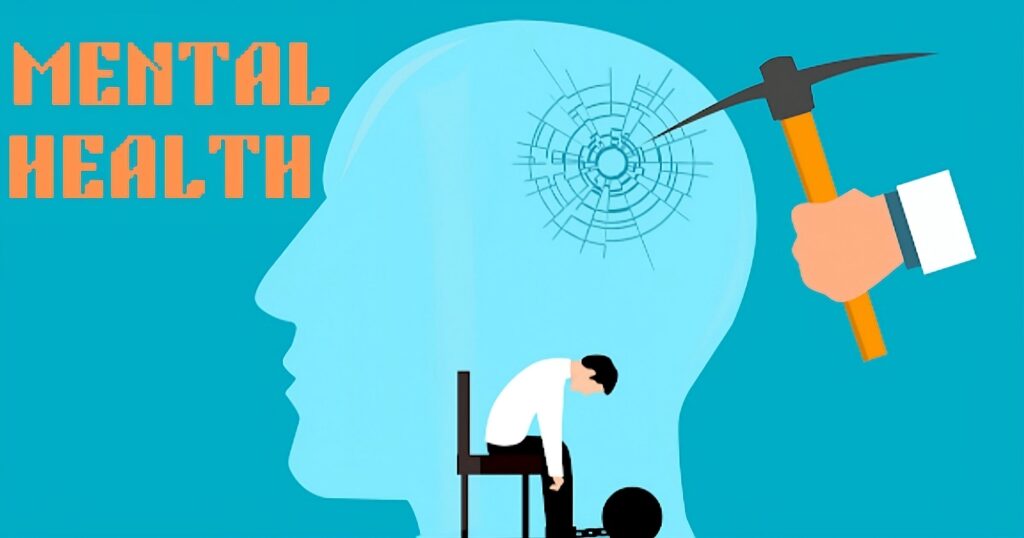Premature Ejaculation
Premature ejaculation (PE) is a common sexual concern affecting many men worldwide. It is characterized by ejaculation that occurs sooner than desired, either before or shortly after penetration, causing distress for one or both partners. This comprehensive guide aims to provide an in-depth understanding of premature ejaculation, including its causes, symptoms, diagnosis, treatment options, and preventive measures.

What is Premature Ejaculation?
Premature ejaculation is defined as a condition where ejaculation happens with minimal sexual stimulation and before the person wishes it to occur. This can result in reduced sexual satisfaction and potentially cause relationship difficulties.
Types of Premature Ejaculation
There are two main types of premature ejaculation:
1. Lifelong (Primary) Premature Ejaculation:
– This form occurs from the first sexual encounter onwards.
– It is often attributed to biological factors.
2. Acquired (Secondary) Premature Ejaculation:
– This type develops after previous normal sexual experiences.
– It is usually associated with psychological factors or other underlying health issues.
Causes of Premature Ejaculation
Premature ejaculation can result from a combination of psychological and biological factors. Understanding these can help in identifying the appropriate treatment.
Psychological Causes
1. Performance Anxiety:
– Worrying about sexual performance can lead to premature ejaculation.
2. Stress:
– High levels of stress in personal or professional life can impact sexual performance.
3. Depression:
– Emotional issues such as depression can affect sexual function.
4. Relationship Problems:
– Unresolved conflicts and lack of communication with a partner can contribute to PE.
Biological Causes
1. Hormonal Imbalances:
– Abnormal levels of certain hormones can play a role in premature ejaculation.
2. Neurobiological Factors:
– Increased sensitivity and certain neurotransmitter imbalances can lead to PE.
3. Genetic Factors:
– Genetic predispositions can contribute to lifelong PE.
4. Underlying Medical Conditions:
– Conditions such as erectile dysfunction, prostatitis, or thyroid problems can cause or exacerbate premature ejaculation.
Symptoms of Premature Ejaculation
The primary symptom of premature ejaculation is the inability to delay ejaculation for more than a minute after penetration. Other symptoms may include:
– Lack of control over ejaculation.
– Distress or frustration about sexual performance.
– Avoidance of sexual intimacy due to embarrassment.
Diagnosing Premature Ejaculation
Diagnosis involves a comprehensive evaluation, including:
1. Medical History:
– A detailed history of sexual experiences and health conditions.
2. Physical Examination:
– To rule out any underlying medical issues.
3. Psychological Assessment:
– Evaluating emotional and psychological factors contributing to PE.
4. Questionnaires:
– Standardized questionnaires like the Premature Ejaculation Diagnostic Tool (PEDT) can help assess the severity.
Treatment Options for Premature Ejaculation
Treatment depends on the underlying cause and can involve a combination of approaches.
Behavioral Techniques
1. Start-Stop Technique:
– Engaging in sexual activity until the point of imminent ejaculation, then stopping to allow the sensation to subside before resuming.
2. Squeeze Technique:
– Squeezing the penis gently to reduce arousal before ejaculation.
3. Pelvic Floor Exercises:
– Strengthening the pelvic floor muscles can help control ejaculation.
Medications
1. Selective Serotonin Reuptake Inhibitors (SSRIs):
– Antidepressants like paroxetine, sertraline, and fluoxetine can delay ejaculation.
2. Topical Anesthetics:
– Creams or sprays containing numbing agents like lidocaine or prilocaine reduce sensitivity.
3. Phosphodiesterase-5 Inhibitors:
– Drugs like sildenafil (Viagra) can improve erectile function, indirectly helping with PE.
Psychological Counseling
1. Cognitive Behavioral Therapy (CBT):
– CBT helps address performance anxiety and other psychological factors.
2. Couples Therapy:
– Improving communication and intimacy between partners can alleviate relationship-related stress.
Alternative Therapies
1. Acupuncture:
– Some studies suggest acupuncture may help in managing PE.
2. Herbal Supplements:
– Supplements like ginseng and maca root are believed to have beneficial effects, but their efficacy needs more research.
Lifestyle Changes and Home Remedies
1. Healthy Diet:
– A balanced diet rich in vitamins and minerals supports overall sexual health.
2. Regular Exercise:
– Physical activity improves blood circulation and reduces stress.
3. Stress Management:
– Techniques like meditation, yoga, and deep breathing can help manage anxiety.
4. Avoiding Alcohol and Drugs:
– Limiting alcohol intake and avoiding recreational drugs can improve sexual performance.
Preventing Premature Ejaculation
While it might not always be possible to prevent PE, certain measures can reduce the risk:
1. Maintaining Open Communication:
– Discussing sexual concerns with your partner can alleviate performance pressure.
2. Regular Check-ups:
– Routine medical check-ups can help detect and manage health conditions that may contribute to PE.
3. Healthy Lifestyle:
– Adopting a healthy lifestyle with regular exercise and a nutritious diet supports sexual health.
4. Stress Reduction:
– Effective stress management techniques can improve overall well-being and sexual performance.
Myths and Misconceptions about Premature Ejaculation
1. It’s All in Your Head:
– While psychological factors are significant, biological causes also play a crucial role.
2. It’s Uncommon:
– PE is one of the most common sexual disorders, affecting many men at some point.
3. Only Older Men Experience PE:
– Men of all ages can experience premature ejaculation.
4. There’s No Effective Treatment:
– Various effective treatments are available, and many men see improvements with appropriate therapy.
The Impact of Premature Ejaculation on Relationships
Premature ejaculation can strain relationships, leading to frustration and dissatisfaction. However, addressing the issue together can strengthen the bond between partners. Open communication and seeking help are vital steps in managing PE and improving relationship dynamics.
When to See a Doctor
Consider consulting a healthcare professional if:
– PE is causing significant distress or relationship problems.
– Self-help strategies have not improved the condition.
– You have other symptoms, such as erectile dysfunction or urinary problems.
Conclusion
Premature ejaculation is a common condition that can significantly impact quality of life and relationships. Understanding its causes, symptoms, and treatment options can help men and their partners manage the condition effectively. By seeking professional help and adopting healthy lifestyle changes, it is possible to overcome PE and enjoy a fulfilling sexual life.
If you or your partner are struggling with premature ejaculation, don’t hesitate to reach out to a healthcare provider for personalized advice and treatment options. Taking proactive steps can lead to improved sexual satisfaction and overall well-being.
Frequently Asked Questions (FAQs) About Premature Ejaculation
What is premature ejaculation?
Premature ejaculation is a common sexual condition where a man ejaculates sooner during sexual intercourse than he or his partner desires. This can lead to dissatisfaction and stress in the relationship.
What are the main causes of premature ejaculation?
The causes of premature ejaculation can be psychological, such as stress and anxiety, or biological, like hormonal imbalances and genetic factors. It’s often a combination of both.
How can I diagnose premature ejaculation?
Diagnosis involves a detailed medical history, physical examination, psychological assessment, and standardized questionnaires like the Premature Ejaculation Diagnostic Tool (PEDT).
What are the treatment options for premature ejaculation?
Treatments include behavioral techniques (start-stop and squeeze methods), medications (SSRIs and topical anesthetics), psychological counseling (CBT and couples therapy), and lifestyle changes.
Can lifestyle changes help with premature ejaculation?
Yes, adopting a healthy lifestyle with a balanced diet, regular exercise, stress management, and avoiding alcohol and drugs can significantly improve symptoms of premature ejaculation.
Are there any home remedies for premature ejaculation?
Home remedies include practicing pelvic floor exercises, using the start-stop or squeeze technique, and employing mindfulness and relaxation techniques to reduce anxiety.
Is premature ejaculation treatable?
Yes, premature ejaculation is treatable. Many men experience significant improvement with the right combination of medical treatments, behavioral techniques, and psychological counseling.
What impact does premature ejaculation have on relationships?
Premature ejaculation can lead to frustration and dissatisfaction in a relationship. Open communication and seeking professional help can alleviate these issues and strengthen the bond between partners.
When should I see a doctor for premature ejaculation?
You should consult a healthcare professional if premature ejaculation is causing significant distress, affecting your relationship, or if self-help strategies have not improved the condition.
Can psychological factors contribute to premature ejaculation?
Yes, psychological factors like performance anxiety, stress, depression, and relationship problems are significant contributors to premature ejaculation. Addressing these through therapy can help manage the condition.
READ MORE:
- Vitamin E: Overview, Advantages & Disadvantages
- In Vitro Fertilization (IVF)
- Vitamin K – Overview, Name, Advantages & Disadvantages
- Multivitamins Uses, Benefits & Drawbacks
- Vitamin B12: Benefits, Sources, and Deficiency Symptoms
- Vitamin D: Benefits, Sources, Deficiency, and Supplementation
For more information and support, subscribe to our blog and stay updated with the latest insights and tips on sexual health and well-being.
I hope this article is helpful to you.
Thank You!






